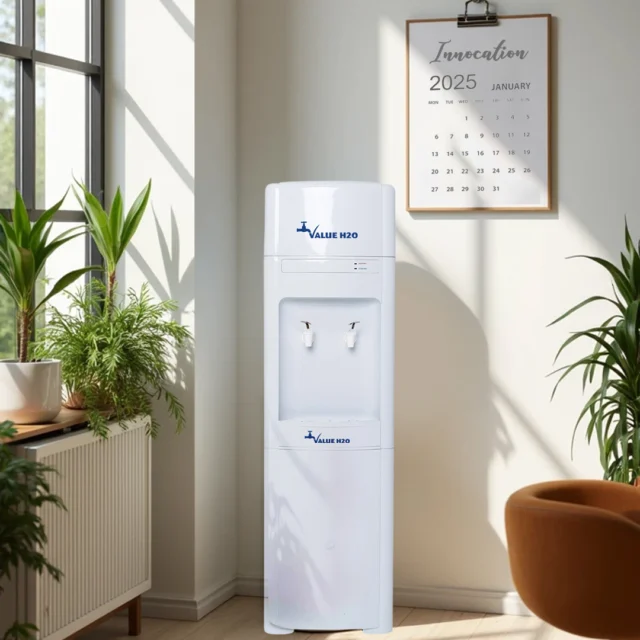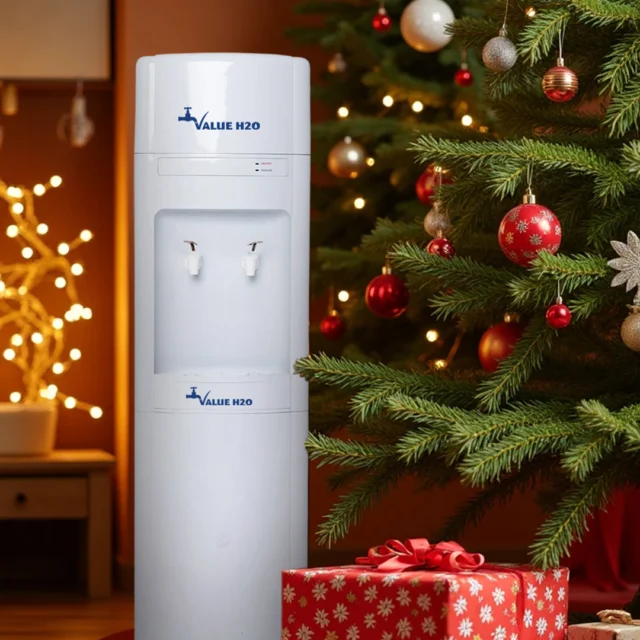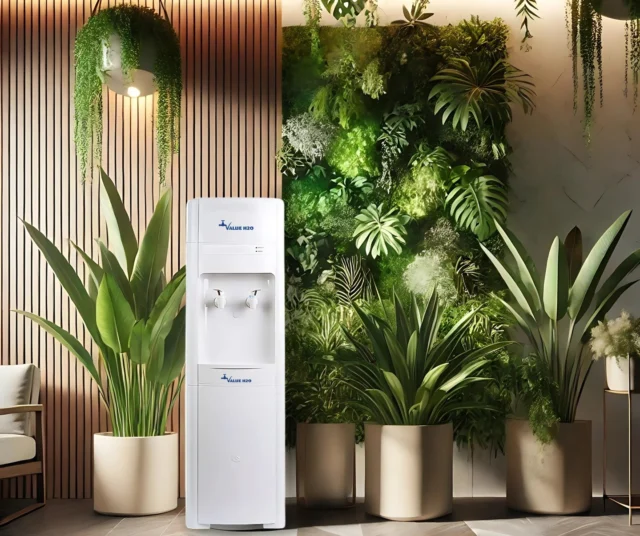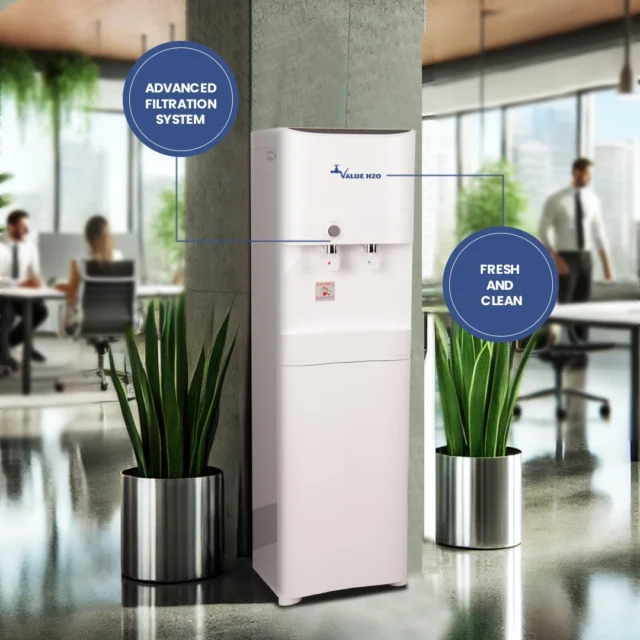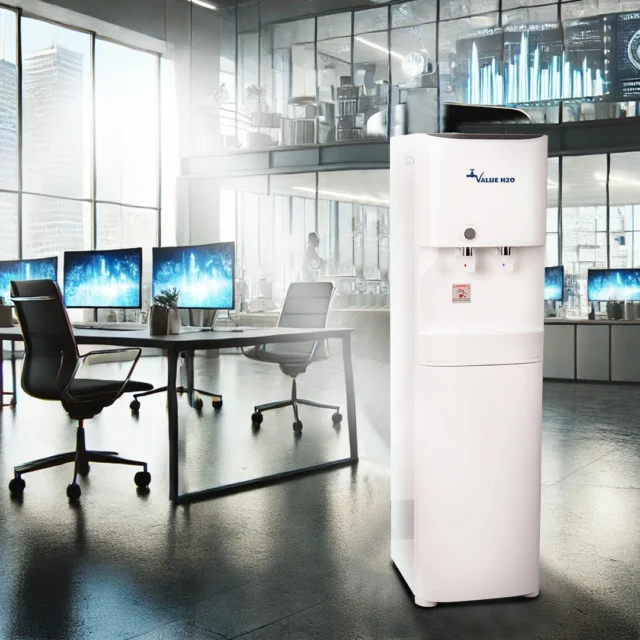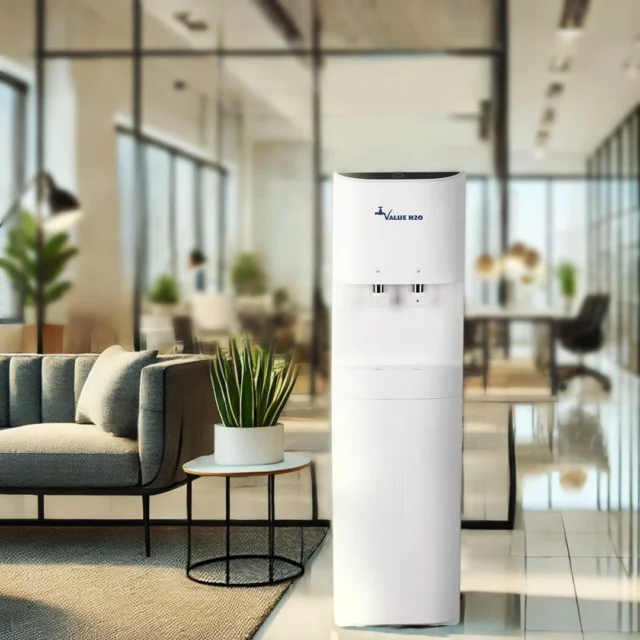For people in the physically and mentally active arena, bottled water is an instant weapon against exhaustion and dehydration. It practically makes drinking water handy almost anywhere, anytime. But what risk does patronising this product bring to humans and the environment at large?
Constantly buying bottled water may not be that beneficial for the environment. Everyday about 1,000 people in the United States open a plastic bottled water and a lot of them are just thrown away elsewhere. A report from The Water Project suggests that an estimate of 80% used bottled waters in the US are simply littered around.
The plastic bottles that we have now – known as PET bottle or polyethylene terephthalate (or in layman terms, polyester) – is most commonly the type of bottle that manufacturers use. This simply is because PET bottles are regarded as the safest plastic material that is suitable for food and water storage and contains low risk for chemical contamination—as long as the bottle is not heated up or exposed to direct sunlight.
Some people claim that reusing water bottles brings health risks. The main risk about reusing water bottles lie in the fact that these things are usually hard to clean (or not regularly cleaned at all), leading to germ and bacteria build up. Studies suggest that as the possibility of cracks and scratches on bottles is high, the bacteria that may live through these damages pose even greater risks than the possibility of chemical contamination from the plastic materials.
The safest way to consume water is simply from a glass straight from the tap. Better still, from a water filtration unit, where lead, chlorine and other harmful impurities are removed just prior to consumption, and not from a bottle at all. Be kind to yourself and the environment by saying ‘no’ to bottled water.
http://www.refinery29.com/plastic-water-bottle-bad-environmental-effects
http://www.huffingtonpost.com/2014/08/14/reuse-plastic-water-bottle_n_5671681.html
